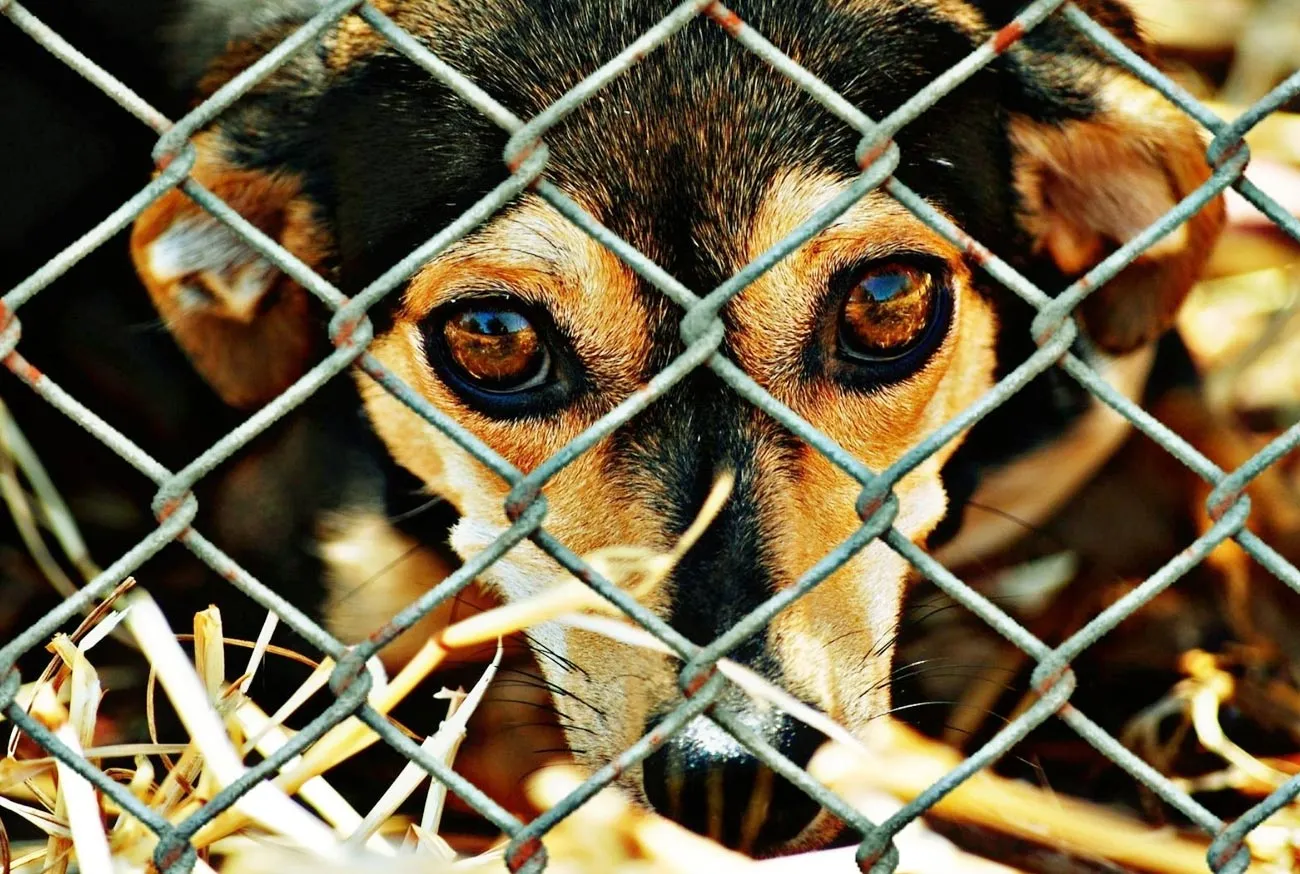What is the animal cruelty law?
The animal cruelty law is a set of rules aimed at protecting animals from any form of abuse, neglect, or violence. In Brazil, the main legislation is Law 9.605/98, also known as the Environmental Crimes Law, which provides penalties for those who mistreat animals.
Law update and tougher penalties
In 2020, Law 14.064/20 brought significant changes, updating the animal cruelty law especially for the protection of dogs and cats. Now, those convicted can face 2 to 5 years in prison, as well as hefty fines and loss of custody of the animal.
Examples of animal cruelty:
- Physical aggression, such as beating or mutilation;
- Neglect, such as lack of food or water;
- Keeping the animal in an inappropriate or unhealthy environment;
- Abandonment.
Why is the animal cruelty law so important?
Unfortunately, cases of animal cruelty are still common. Many animals suffer in silence, and their stories only come to light when it’s too late. The law not only ensures justice for the victims but also promotes social awareness.
How to report animal cruelty?
If you witness or suspect animal cruelty, it’s essential to act quickly. Here’s a step-by-step guide on how to report it:
- Gather evidence: Photos, videos, or witness statements help prove the crime.
- Visit the nearest police station: File a police report. Many environmental police stations are now prepared to handle these cases.
- Call the police: Dial 190 for emergencies.
- Report online: Some states offer specific portals for reporting animal cruelty.
Interesting facts about animal protection in Brazil
- São Paulo was the first state to create an exclusive animal protection police station.
- The state of Ceará established an animal protection department that has been actively using the animal cruelty law.
- Awareness of animal cruelty increased with social media campaigns, where rescue videos touch and mobilize thousands of people.
- Animal protection NGOs play a crucial role, sheltering mistreated animals and promoting responsible adoption campaigns.
The importance of responsible adoption
Adopting a pet is more than just providing a home. It’s taking on the responsibility of ensuring safety, affection, and essential care. By choosing adoption, you not only change an animal’s life but also become part of the solution against abandonment.
Tips for those who want to adopt:
- Assess your time and budget before deciding;
- Adopt from trusted NGOs or shelters;
- Spay or neuter the animal to avoid uncontrolled reproduction;
- Provide attention and regular veterinary care.
The role of NGOs and how you can help
Animal protection organizations are true guardians for thousands of dogs, cats, and other pets. They rescue, treat, and place animals who have been mistreated into new homes.
How can you help?
- Donate food, medicine, or money to local NGOs;
- Volunteer at adoption events;
- Share information on social media to raise awareness;
- Always report suspicious activity.

Heartwarming stories of survival
Many animals rescued from cruelty have touching stories. Take Luna, a dog found in critical condition, who now lives happily and healthily thanks to volunteers and the application of the law.
These stories show us the importance of the animal cruelty law and of not giving up on fighting for animals. Every small action can save a life.
Be an inspiration: Make a difference
The animal cruelty law is a significant achievement, but there is still much to be done. Become an animal advocate! Report, share information, and support animal protection causes.
Together, we can build a fairer and more compassionate world for our four-legged friends. 🐕🐈💚
Did you like the article? Share it with your friends and help spread this message of love and respect for animals!

















Add comment